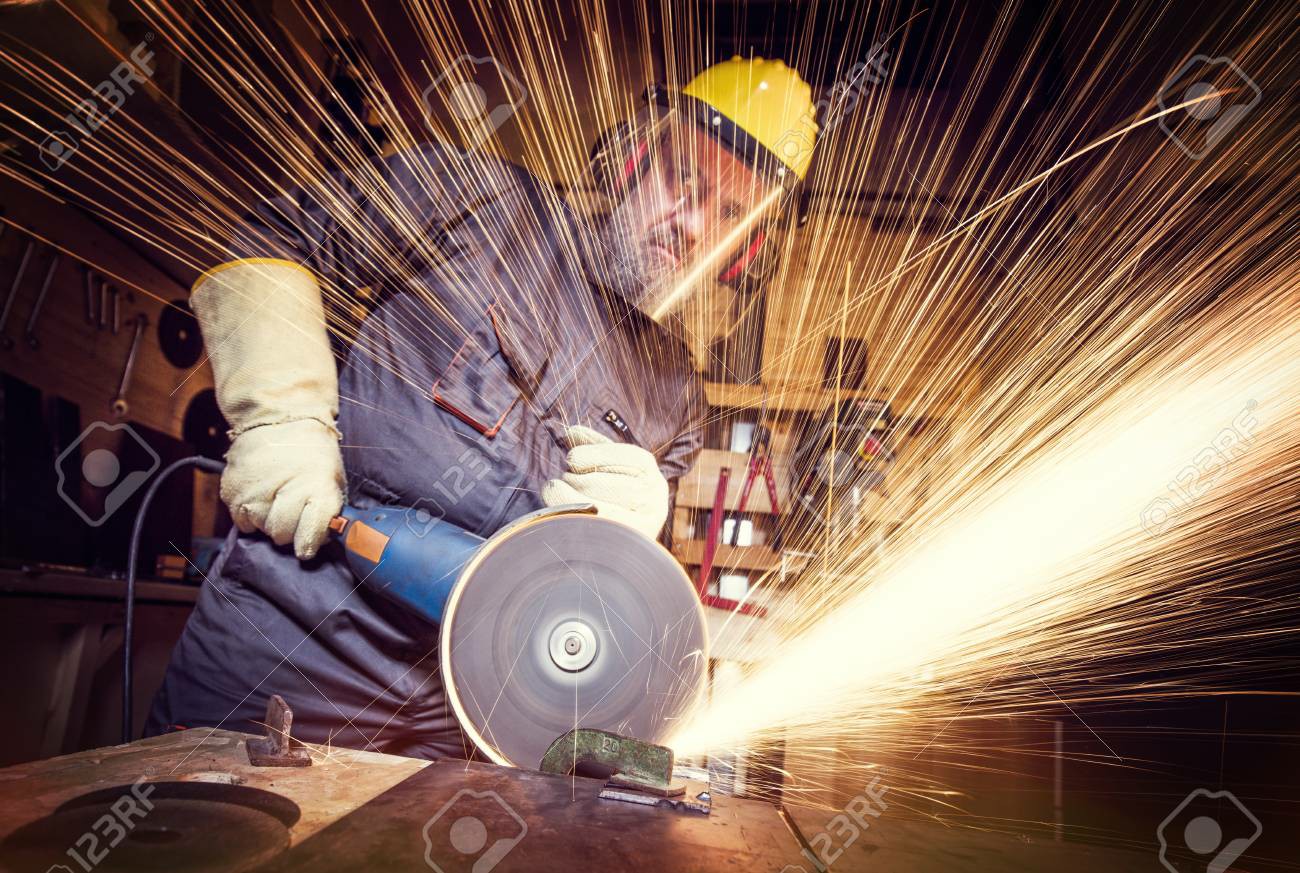Exploring the World of Abrasive Wheels: Types, Applications, and Safety Risks
Abrasive wheels are essential tools used across various industries for cutting, grinding, and polishing materials. Understanding the different types of abrasive wheels, their specific applications, and associated risks is crucial for ensuring safe handling and compliance with safety regulations, particularly in Dublin, Cork, Galway, Limerick, and Waterford. In this comprehensive guide, we delve into the details to help you maximize workplace safety.
Types of Abrasive Wheels
Abrasive wheels are classified into several categories based on their design and the materials they are intended to work with. The most common types include:
- Grinding Wheels: Made from hard materials like aluminum oxide or silicon carbide, these wheels are primarily used for grinding metals and sharpening cutting tools.
- Cutting Wheels: Often thinner than grinding wheels, cutting wheels are designed for slicing through materials and are ideal for metal or masonry cutting.
- Polishing Wheels: Used to finish surfaces for a smooth appearance, these wheels often incorporate softer materials and are ideal for final touches on metals and other materials.
- Flap Discs: Comprised of overlapping abrasive sheets, flap discs are used for both grinding and finishing, providing versatility in applications.
Abrasive Wheels Applications
The application of abrasive wheels spans various industries:
- Construction: Used for cutting and grinding concrete and metal components during construction projects.
- Automotive: Essential for tasks ranging from removing metal from automotive parts to polishing and finishing surfaces.
- Manufacturing: Widely utilized in manufacturing processes for shaping, deburring, and finishing different materials.
Risks Associated with Abrasive Wheels
Each type of abrasive wheel comes with specific safety risks. Understanding these hazards can help mitigate them:
- Wheel Breakage: Improper mounting or using the wrong type of wheel can lead to catastrophic wheel failure, resulting in flying fragments that may cause serious injury.
- Overheating: Continuous use without appropriate pauses can lead to overheating, which may damage the wheels and the material being worked on.
- Eye Injuries: Dust and debris generated during the cutting or grinding process can cause eye injuries if personal protective equipment (PPE) is not worn.
- Noise Exposure: Prolonged use of abrasive machinery can lead to hearing loss; thus, suitable hearing protection is essential.
The Importance of Proper Training
Proper training is vital for anyone handling abrasive wheels. Training programs ensure that workers understand:
- The types of abrasive wheels and their specific applications.
- Proper mounting, usage, and maintenance to reduce the risk of accidents.
- The importance of wearing personal protective equipment (PPE) and understanding workplace safety regulations.
In Dublin, Cork, Galway, Limerick, Waterford, and other parts of Ireland, organizations can enroll their employees in certified abrasive wheels training. Courses cover essential safety practices, helping to ensure compliance and prevent accidents.
Enroll in Abrasive Wheels Training Today!
Don't leave safety to chance. Empower your workforce with the knowledge they need to handle abrasive wheels safely. Consider enrolling in a certified abrasive wheels course in your locality, be it Dublin, Cork, Galway, or Limerick. For more information, contact us at [email protected].



 349,500 Offered Certificates
349,500 Offered Certificates
 24/7 Online Training
24/7 Online Training
 Money Back Guarantee
Money Back Guarantee
 Fully Accredited Courses
Fully Accredited Courses
